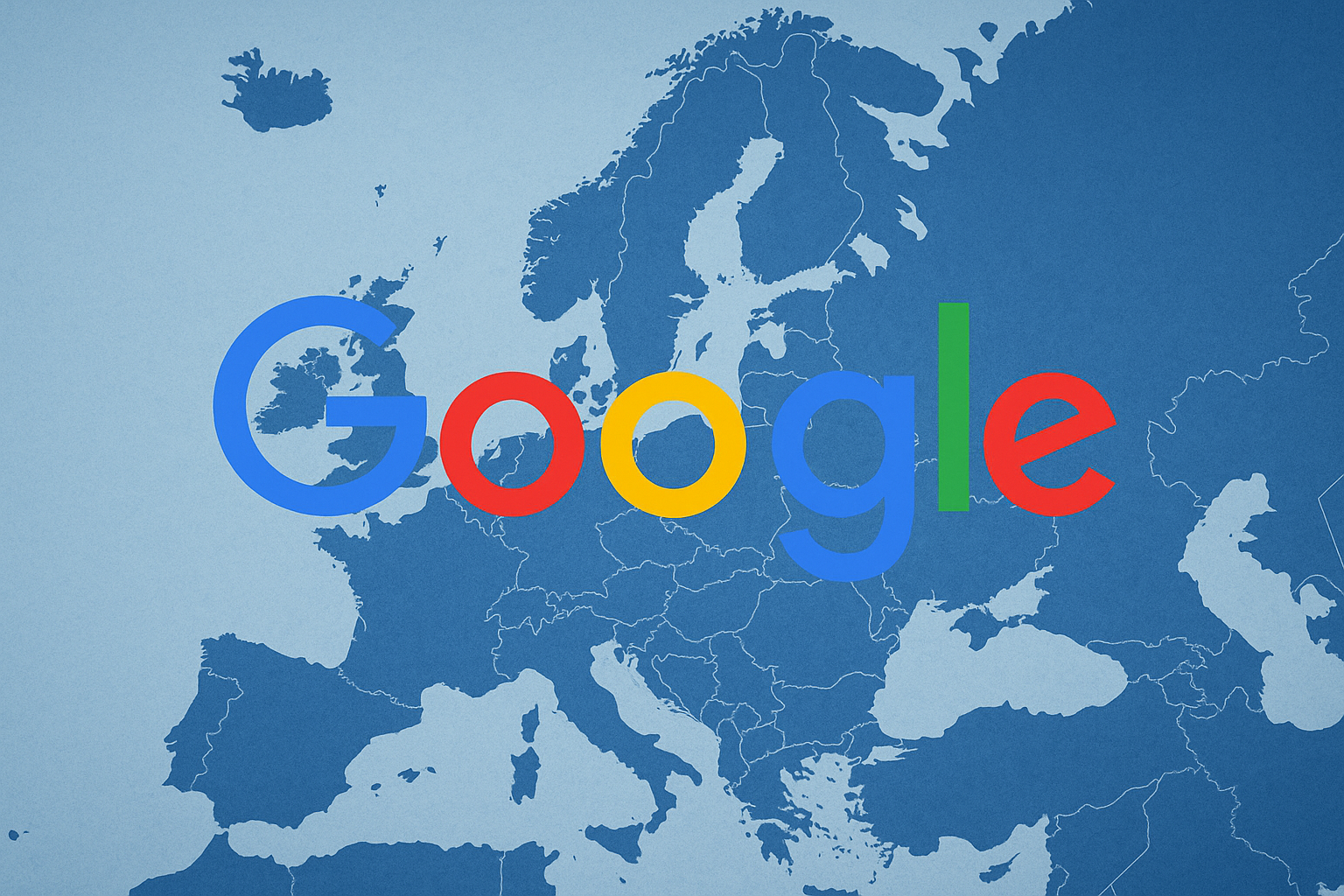Google is turning up the pressure on Europe to get serious about artificial intelligence. Speaking this week at the EU Digital Summit, Karan Bhatia, Google’s VP of Global Government Affairs and Public Policy, laid out a blunt vision for Europe’s future — and warned that the region’s slow AI adoption could jeopardize its global standing.
Bhatia reminded the audience that Google has long invested in Europe’s digital backbone. The company has built seven major data centers and 13 cloud regions, while also launching six subsea cables that connect the continent to the rest of the world. It’s not just infrastructure either — Google has trained 13 million people in digital skills since 2015 and is actively supporting universities across 12 countries as part of the EU’s Cyberskills Academy.
But despite these efforts, Bhatia argued that Europe risks missing a “generational opportunity.” He highlighted that AI is at the heart of today’s biggest technological advances — and central to Europe’s ambitions around innovation, clean energy, and national security. He echoed former Italian Prime Minister Mario Draghi, who recently pointed out that 70 percent of the GDP-per-capita gap between the US and EU stems from productivity issues tied to lagging innovation.
According to Bhatia, Europe is behind the US and China in adopting AI, and unless bold steps are taken, the gap will only grow wider. His solution? A three-pronged plan.
First, he urged European governments to lead by example and go all-in on AI for their own internal operations — not just talk about transformation, but actively implement it. He also stressed the need for a more streamlined regulatory approach. Europe is known for complex rules, but Bhatia cautioned that layering new regulations on top of existing ones will only choke progress. The AI Act, for example, should not become a gatekeeper that blocks access to advanced models.
Finally, he said Europe must embrace global partnerships. AI development isn’t something one country can tackle alone — and those that succeed will be the ones that plug into global supply chains and tap into shared knowledge, rather than walling themselves off.
In Bhatia’s view, Google’s mission to make the world’s information “universally accessible and useful” fits right into what Europe needs. But it’s up to European leaders to decide whether they want to be active participants in shaping AI’s future — or just spectators watching the rest of the world race ahead.


